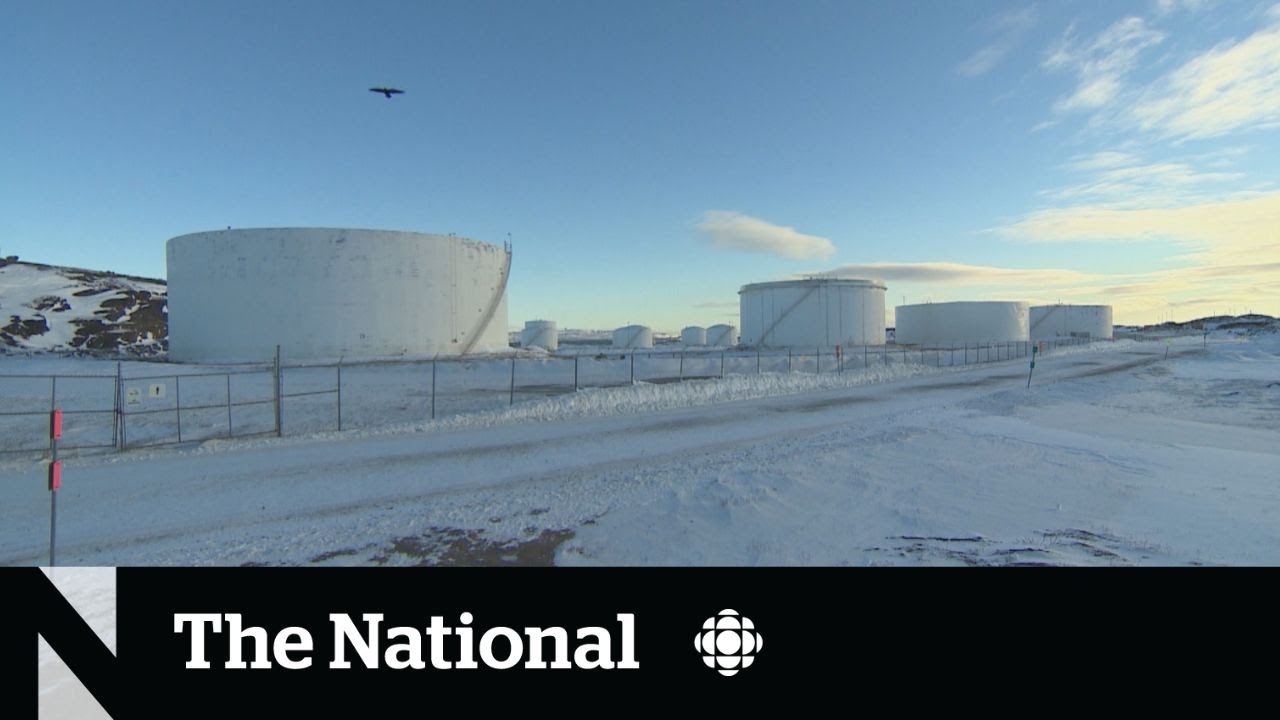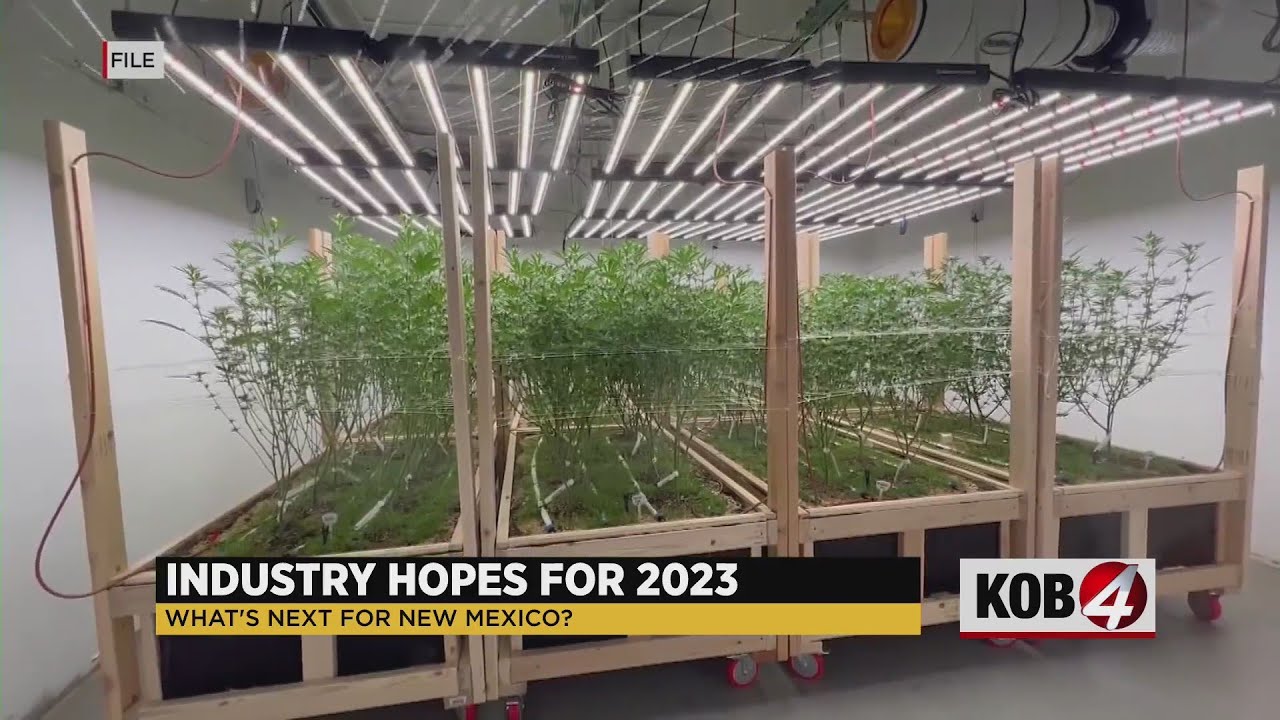SUBSCRIBE + FOLLOW FOR MORE NEWS: All socials: @andrealyonnews
– Instagram: instagram.com/andrealyonnews
– Twitter: twitter.com/andrealyonnews
– Facebook: facebook.com/andrealyonnews
You could soon find familiar grocery store items on the shelves infused with hemp-derived THC.
The law, which was signed last week, goes into effect on Aug. 1 and allows THC elements like Delta 8, 9 and 10. Delta-9 is the psychoactive ingredient experts say is responsible for the “high” users may feel when using hemp.
Many companies invested in the cannabinoid industry call the new law, stemming from bill no. 3595, a big win for both business owners and consumers.
“Cannabis-derived ingredients can do some amazing things for people,” Kyle Marinkovich, the Chief Executive Officer of Northern Diversified Solutions, said.
Northern Diversified Solutions went all-in on the industry with the idea of extracting ingredients from hemp creating a food-soluble product any manufacturer can then use legally in their already-recognized product.
Marinkovich and his team have made sure to follow Minnesota’s current regulations and safety protocols but admit legal terms haven’t been exactly black and white.
An attorney focused in the field of hemp, Jason Tarasek, agrees laws have been confusing for many entrepreneurs as well as those who are looking to buy.
“It’s still very new and there are not a lot of laws and regulations governing,” Tarasek tells 5 EYEWITNESS NEWS this new law will help spell out ingredients, what they can be included in, dosing amounts as well as packaging.
“So you’re allowed up to five milligrams in gummies, that may have 50 milligrams total,” Tarasek says CBD-infused beverages and food items are already legal and out on store shelves right now. Since 2018, only trace amounts of THC have been legal.
Starting Aug. 1, the law gets more specific. These are just some of the new regulations manufacturers will have to abide by:
Does not contain more than 0.3% of any tetrahydrocannabinol
The label must also include a statement stating that the product does not claim to diagnose, treat, cure or prevent any disease
An edible cannabinoid product must not appeal to children
Label must include all ingredients and serving sizes
A manufacturer must submit representative samples of the product to an independent, accredited laboratory
No product containing any cannabinoid or tetrahydrocannabinol extracted or otherwise derived from hemp may be sold to any individual who is under the age of 21
An edible cannabinoid product must not contain more than five milligrams of any tetrahydrocannabinol in a single serving, or more than a total of 50 milligrams of any tetrahydrocannabinol per package
What the law does not explain is any sort of regulation on how much a consumer can buy. According to experts in the hemp industry, delta-9 is a generally stronger element of a hemp-product.
Tarasek says people could essentially buy enough to get a buzz, despite what lawmakers likely intended.
“0.3% of delta-9 THC might still be enough to get you high,” he said. Tarasek adds, still any food and beverages infused with CBD or THC after Aug.1 will be free and clear for consumers to use without getting in any sort of legal trouble.
For entrepreneurs like Marinkovich, he says his customers are eager to get started but cannot share which companies are interested in the new ingredients until the new law and regulations are fully understood.
“As soon as they can get into market, we can produce for them,” Marinkovich said.
Products can only be sold to adults 21-years-old or older.
One product line not included in this law is vaping products, which the hemp-industry was pushing for.
source



